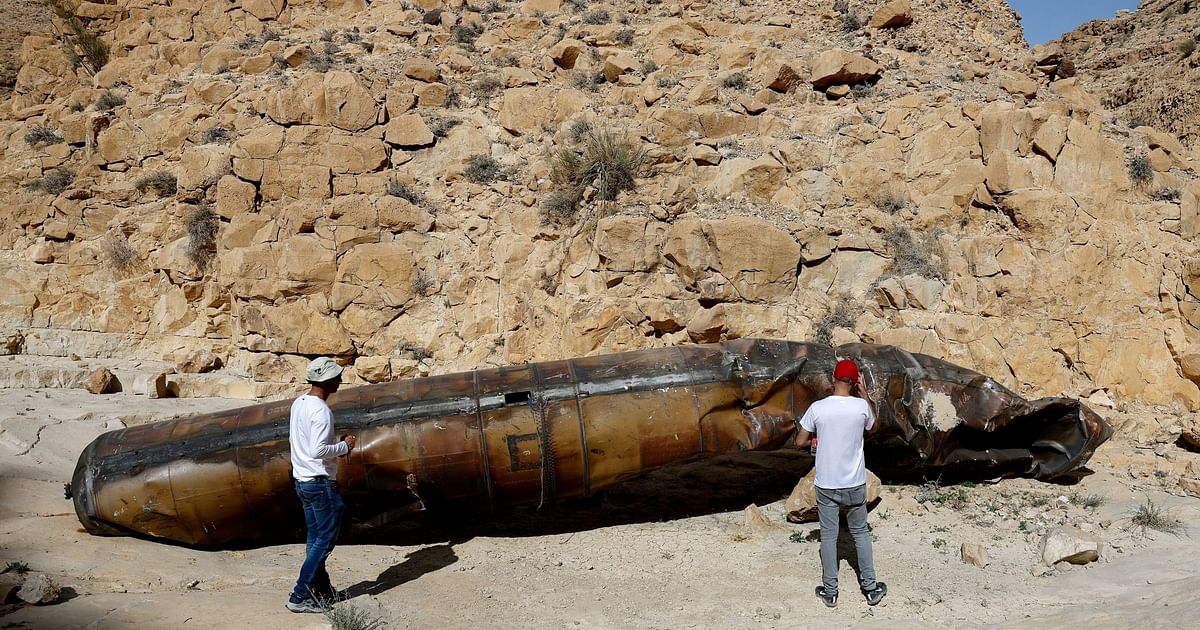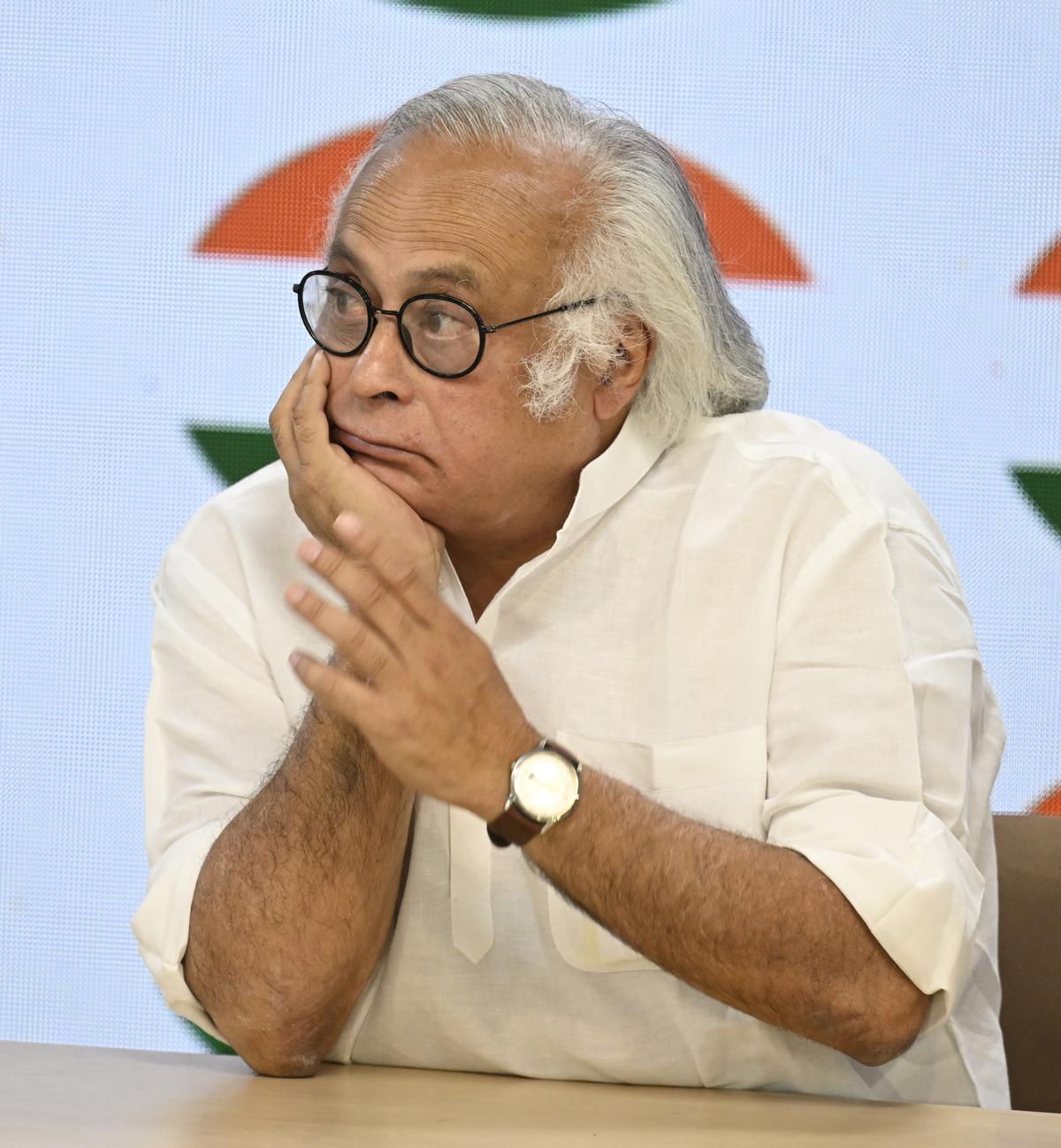After listening to countless suggestions including leaving houses of Parliament to debate and pass appropriate legislation, a bench of the Chief Justice NV Ramana and Judge Krishna Murari and Hima Kohli said: “We have to think of the taxpayer and the national economy. To what extent can the courts regulate given their constitutional limitations?”
The bank said: “Have an independent panel of experts examine the urgent issue, interact with stakeholders and the public and provide a report with concrete proposals. We can send the proposals to the government and ask them to take the necessary action.”
The SC asked Attorney General Tushar Mehta, EC Attorney Amit Sharma, counsel for the petitioner Vikas Singh and Vijay Hansaria and Senior Advocate Kapil Sibal to submit their proposals on the composition of the panel of experts and the scope of the review of freebies within a week. It filed the matter for hearing on August 11th.
Asked by the court to make his independent proposal, Sibal said: “The Electoral Commission is the preferred institution and should be kept out of the issue of giveaways, which are political and economic in nature. After a thorough debate, Parliament could decide on the appropriate remedial measures.”
The CJI-led bank disagreed. “Do you seriously think Parliament will debate regulating freebies? Which political party will discuss this issue? No political party would agree to restrictions on giveaways before the election. Every one of them wants it.”
Mehta said the country’s economy was headed for disaster as opportunists announced senseless giveaways. He suggested that SC could ask the EC to reconsider the matter to propose remedial action for consideration by the court. However, EC lawyer Amit Sharma said EC’s hands are tied due to a 2013 ruling.
CJI Ramana said: “We are aware of the Subramaniam Balaji verdict and will reconsider if necessary. But if EC had taken corrective action in time, this problem would not have occurred.”
The petitioner’s legal counsel, Ashwini Upadhyay, suggested that a model code of conduct should be drawn up by the European Commission and the matter examined by financial experts. The bank said: “The model code of conduct comes into effect just days before the elections. But the political parties allow themselves four years. There is nothing wrong with helping the poor and marginalized. But to what extent?

“Pop culture scholar. Subtly charming beer specialist. Reader. Student. Devoted music advocate.”






